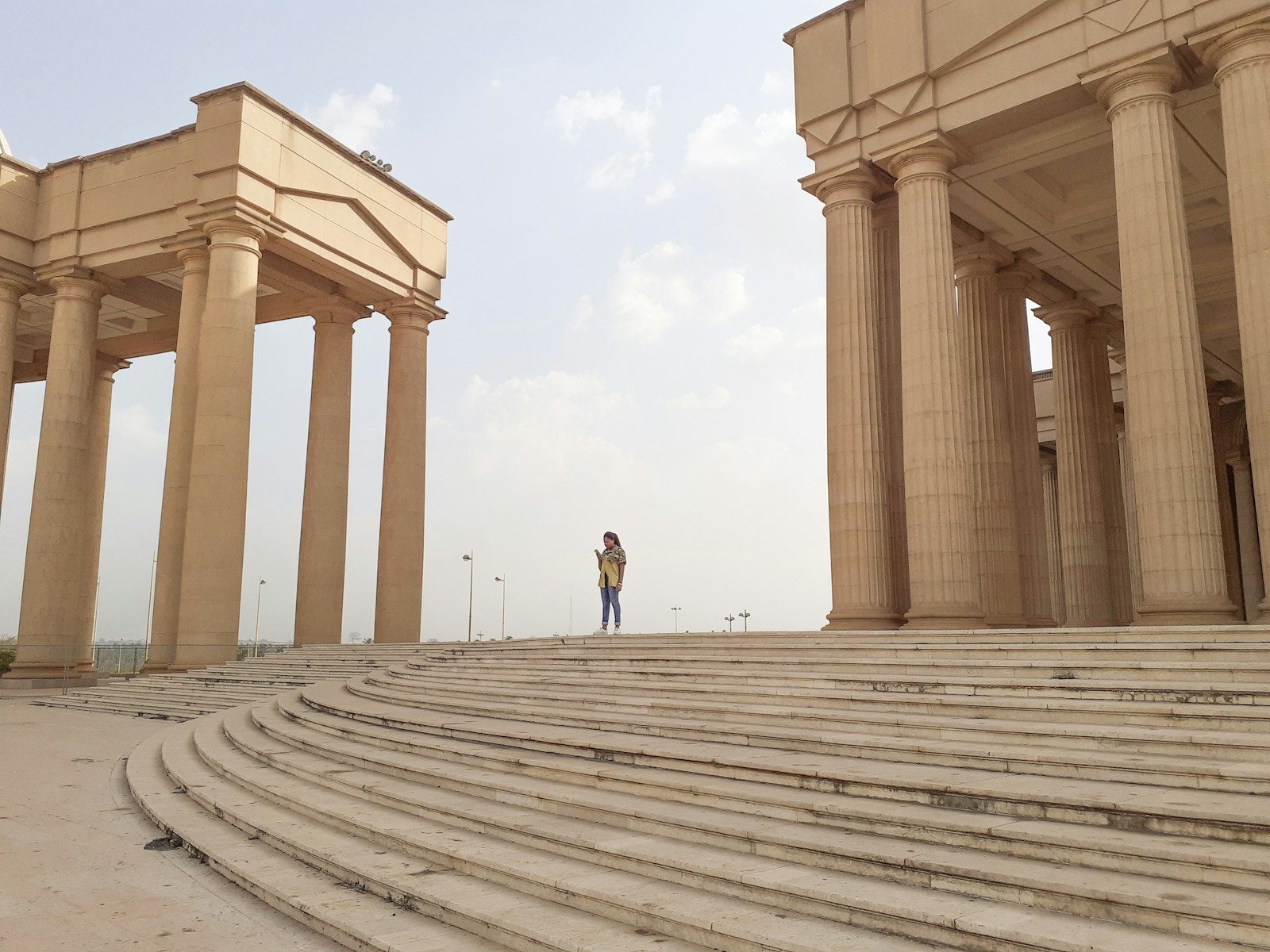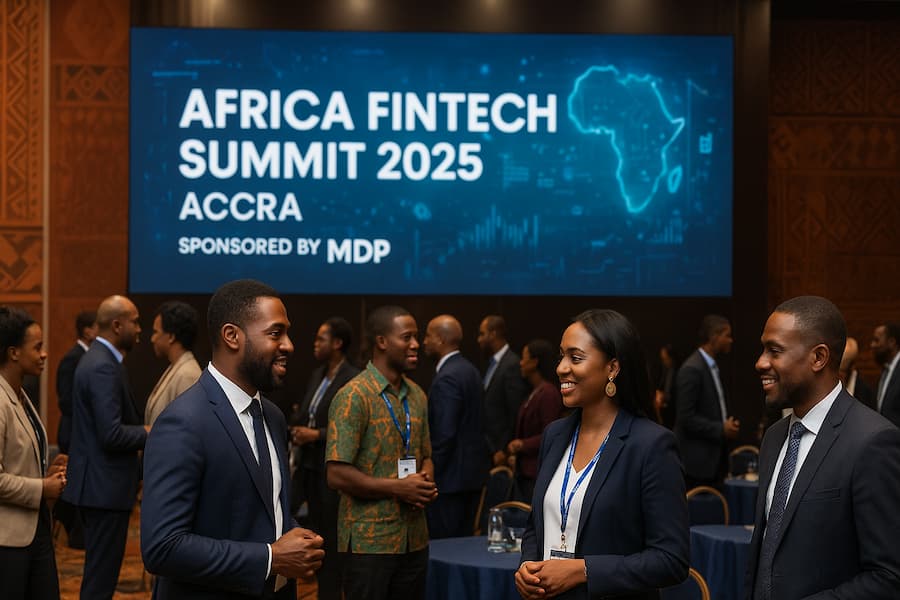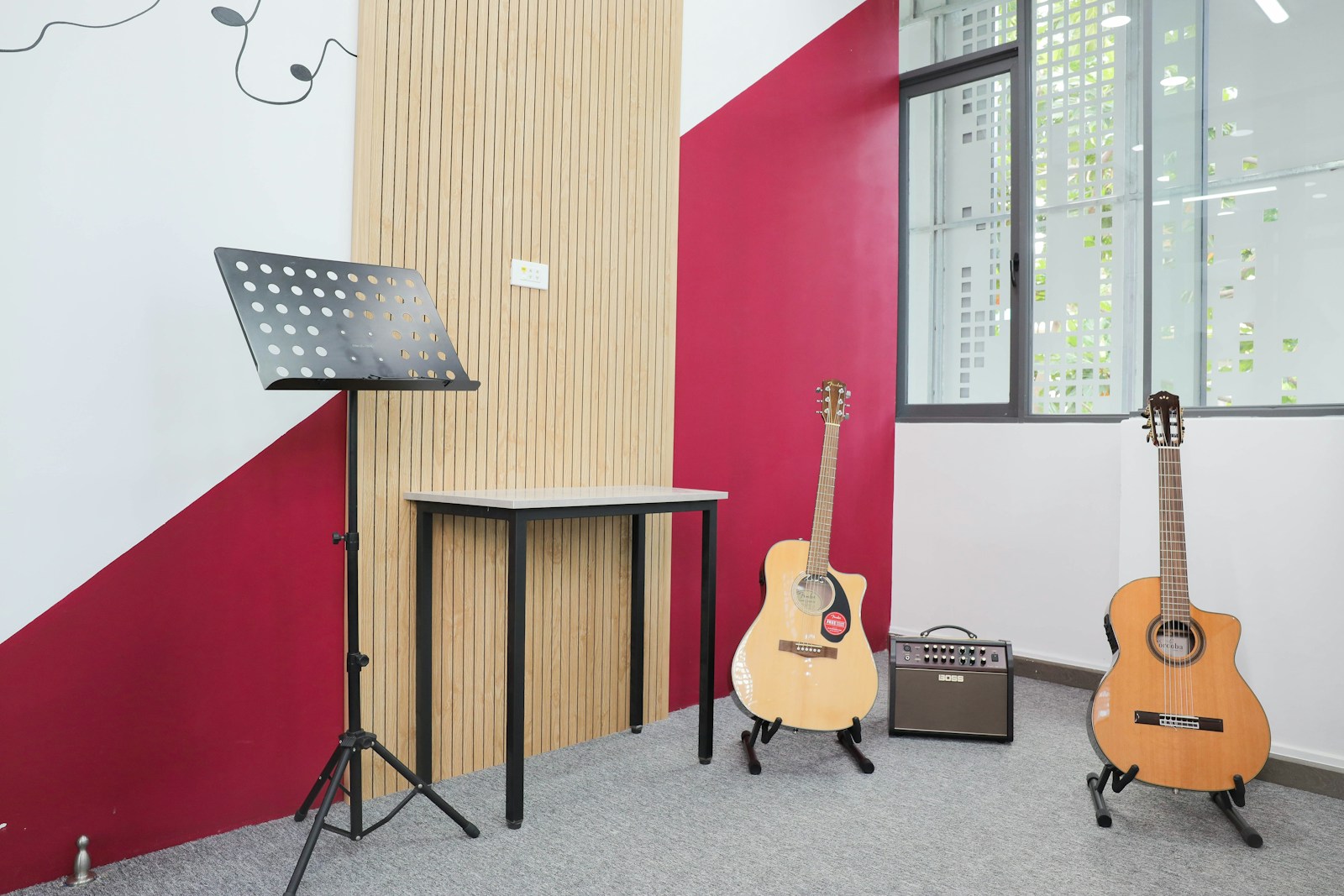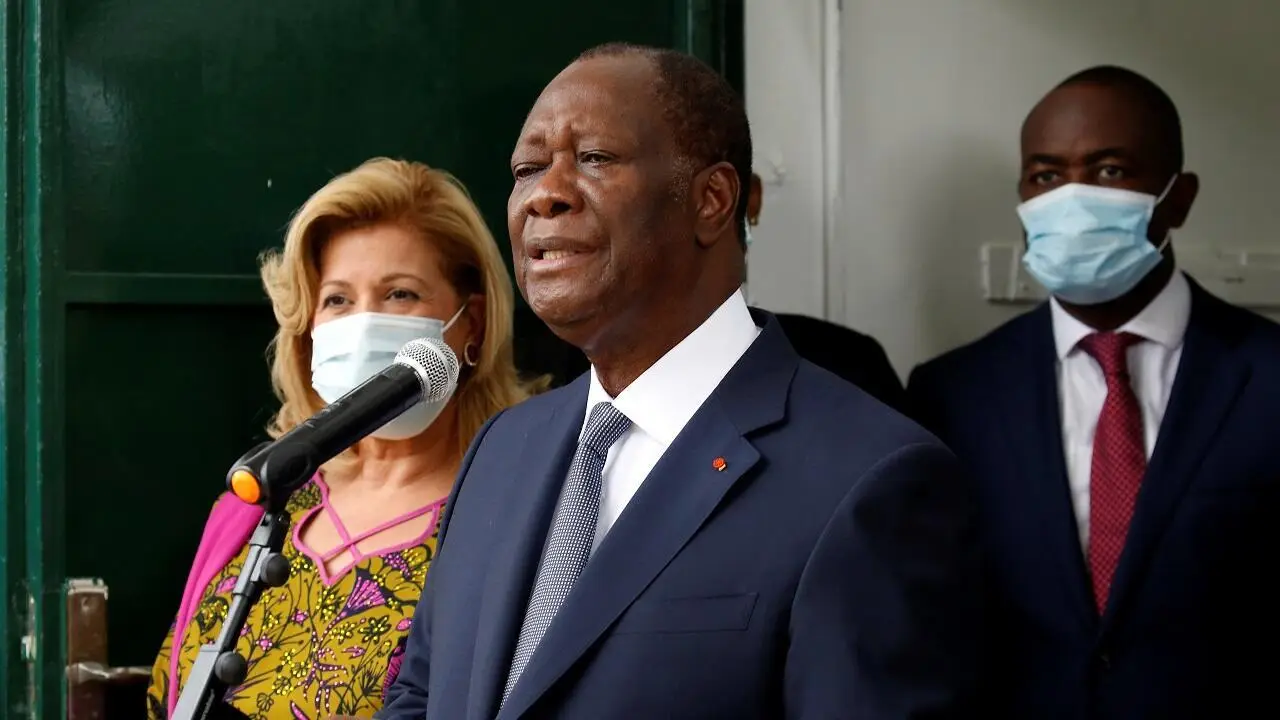Côte d’Ivoire’s 2025 Presidential Election: A Nation on Edge
As Côte d’Ivoire approaches its 2025 presidential election, the political atmosphere in the country has grown increasingly tense. The fear of instability, particularly the echoes of violence that have marred past electoral periods, looms heavily over both the political elites and the general population. This sense of apprehension is not merely the result of political rivalry but stems from deep-rooted historical tensions, unresolved issues from previous elections, and uncertainties about the future direction of the country.
In the midst of this uncertain environment, many Ivorians are keeping a close eye on the political landscape. The 2025 presidential race is shaping up to be one of the most crucial in the nation’s post-independence history. Côte d’Ivoire, a country that endured a decade-long civil war and witnessed the brutal aftermath of disputed elections in 2010-2011, finds itself once again on the cusp of a defining moment.
Historical Context: The Shadow of 2010-2011
To understand the fears that are now taking root ahead of the 2025 elections, one must first look back at Côte d’Ivoire’s turbulent past. The 2010 presidential election was a turning point that plunged the nation into chaos. Laurent Gbagbo and Alassane Ouattara, the two main contenders, became embroiled in a violent dispute over the results of the election. Gbagbo refused to concede defeat, leading to months of violence that resulted in the deaths of thousands and displaced hundreds of thousands more.
The political turmoil of that period is still a raw memory for many Ivorians. While the country has made strides toward recovery in the years since, the psychological scars of those traumatic events have not disappeared. The deep divisions between the country’s ethnic groups and political factions have persisted, leaving many Ivorians uncertain about the stability of the upcoming election.
The Current Political Landscape: Key Figures and Parties
Côte d’Ivoire’s political environment remains highly fragmented, and as 2025 draws closer, a number of prominent figures are positioning themselves for the presidency. Alassane Ouattara, the current president, is officially stepping down after two terms, according to constitutional law. However, his influence on the political scene remains substantial. Ouattara’s legacy is a mixed one: while he has overseen significant economic growth and stability in the country, his tenure has also been marked by accusations of authoritarianism, political repression, and a lack of inclusivity for opposition voices.
Opposition figures, including former President Henri Konan Bédié and ex-Prime Minister Guillaume Soro, are positioning themselves as strong contenders. Bédié, who has historically been one of the country’s most influential political figures, has once again emerged as a major figure in the political landscape. Meanwhile, Soro, who had a falling-out with Ouattara, has become a vocal critic of the current government. The rivalry between these figures is intense, and many Ivorians fear that the election could trigger further divisions and instability.
The Role of Youth and Civil Society
The role of the youth in this election cannot be understated. Côte d’Ivoire has one of the youngest populations in Africa, with a significant proportion of the electorate under the age of 35. In recent years, young Ivorians have become increasingly vocal in their demands for a more inclusive and democratic political system. Social movements, particularly those advocating for political reform and human rights, have gained momentum, and the youth have demonstrated their willingness to protest when their voices are ignored.
However, the involvement of young people in politics has not been without its challenges. There is a widespread fear that political manipulation of youth movements could escalate tensions, particularly if youth factions are co-opted by political parties seeking to gain an advantage in the elections. This, coupled with the volatile history of politically motivated violence, raises concerns about the potential for unrest.
Economic Challenges and Election Concerns
As Côte d’Ivoire gears up for the 2025 election, the nation faces significant economic challenges that could have a profound impact on the political process. Despite the growth the country has experienced under Ouattara’s leadership, inequality remains a major issue. Rural areas, in particular, are still grappling with poverty, unemployment, and lack of access to basic services. These economic disparities have led to frustrations among many citizens, particularly the youth, who are increasingly disillusioned with the government’s promises of progress.
In this context, the economy becomes a key issue in the election. Economic grievances could be weaponized by both the ruling party and opposition groups to sway public opinion. Moreover, external factors such as fluctuating commodity prices, regional instability, and the global economic environment could further exacerbate tensions.
The Threat of Violence: A Lingering Fear
Perhaps the most pressing concern as the 2025 election draws nearer is the possibility of violence. Given the country’s history of post-election conflict, there is widespread fear that a contested result could ignite violent clashes between supporters of rival candidates. The memory of the 2010-2011 post-election crisis, during which more than 3,000 people lost their lives, still casts a long shadow over the country.
In the face of these fears, many citizens are hoping for a peaceful election, but there is also a sense of skepticism. Trust in the electoral process is fragile, and many are concerned about the potential for electoral fraud or manipulation. The credibility of the election will be heavily dependent on the impartiality of the electoral commission and the ability of security forces to maintain order without resorting to heavy-handed tactics.
The International Community’s Role
The international community has a critical role to play in ensuring that the 2025 presidential election in Côte d’Ivoire is free, fair, and peaceful. The United Nations, the African Union, and other regional organizations have all expressed their commitment to supporting Côte d’Ivoire’s democratic process. However, their influence will ultimately depend on the political will of the Ivorian government and political parties.
International observers will likely monitor the election closely, but the true test will be whether local actors can prevent a repeat of the violence that marred previous electoral processes. The involvement of the international community is crucial not only in terms of observing the election but also in offering support for conflict resolution and post-election reconciliation if necessary.
Looking Forward: A Crossroads for Côte d’Ivoire
As the 2025 presidential election approaches, Côte d’Ivoire finds itself at a crossroads. The potential for progress and stability exists, but so does the risk of regression and renewed conflict. The key will be the willingness of all political stakeholders, ruling parties, opposition groups, and civil society, to engage in a peaceful, transparent electoral process that respects the will of the people.
For the citizens of Côte d’Ivoire, the fear that history may repeat itself is palpable. Yet, there is also a hope that the lessons learned from past conflicts will guide the country towards a more democratic future. Whether Côte d’Ivoire can navigate this critical moment without falling back into political violence will be one of the defining questions of the nation’s future.
Conclusion: A Time for Unity and Reflection
The 2025 presidential election in Côte d’Ivoire represents a crucial moment in the country’s history. As tensions rise and fears grow, the need for unity, dialogue, and peaceful resolution has never been more critical. Only through the collective efforts of political leaders, civil society, and the international community can Côte d’Ivoire ensure a fair and peaceful election. The coming months will determine whether the nation can overcome its past and embrace a future defined by stability, democracy, and national unity.
For more news: africaciviclens.com




